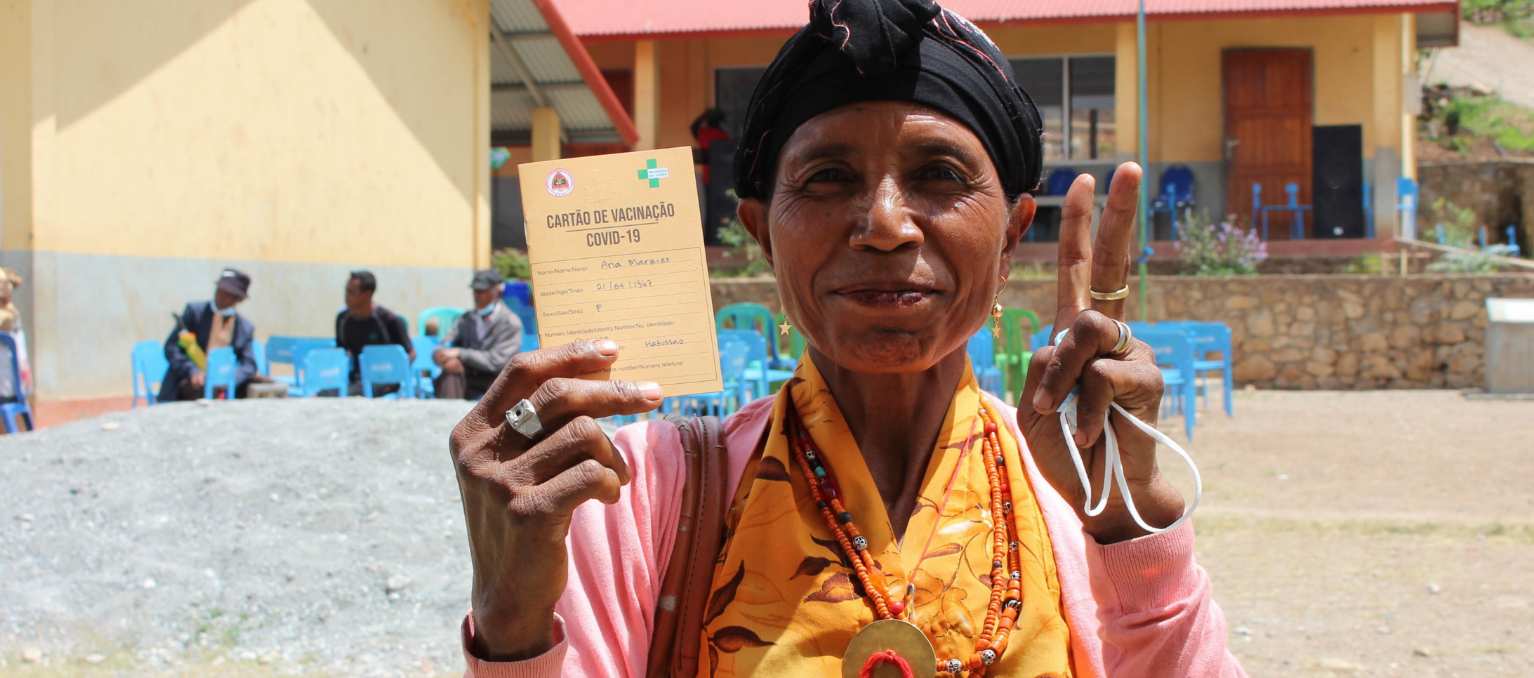ACNC

As part of Australia’s vaccine access activities, Australia is committed to vaccine equity. With vaccine supply globally constrained, Australia committed to sharing doses with its regional partners.
Australia is partnering with Timor-Leste in response to the pandemic and has provided more than 575,000 vaccine doses so far. Australia is also providing technical and logistical support. Photo: Australian Embassy Timor-Leste / DFAT.
ACNC Governance Standards and the Code
The Governance Standards are a set of core, minimum standards that deal with how a charity is run (including its processes, activities and relationships) – its governance. The Standards require a charity to remain charitable, operate lawfully, and be run in an accountable and responsible way. They help maintain public trust in charities and help charities continue to do their charitable work.
If a charity complies with the ACFID Code of Conduct, it is likely to meet the ACNC’s Governance Standards. However, the ACNC may still require a charity to demonstrate how it is meeting the Governance Standards.
This comparison table shows how the ACFID Code maps to the ACNC Governance Standards.
ACNC External Conduct Standards and the Code
The External Conduct Standards are a set of standards that govern how a registered charity must manage its activities and resources outside Australia. Charities that operate outside Australia, including ACFID members, are required to comply with the External Conduct Standards.
Read this ACFID blog to understand the relationship between the External Conduct Standards and the ACFID Code, and how ACFID members may already be meeting many of the requirements in the External Conduct Standards.
Download a detailed mapping of the External Conduct Standards and the ACFID Code.



